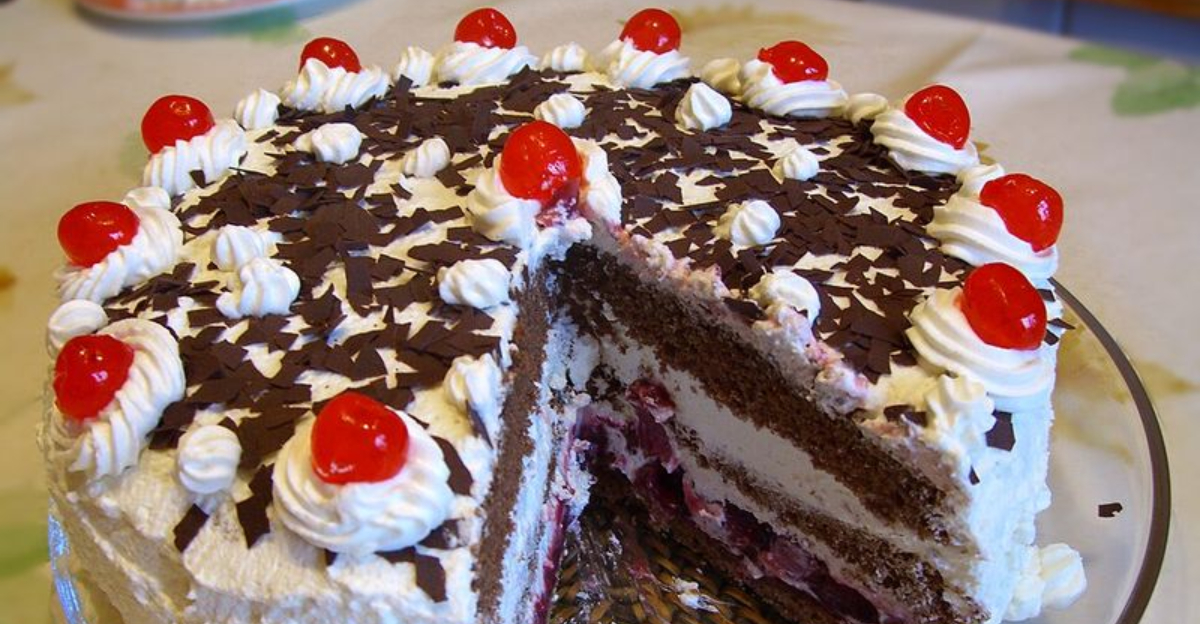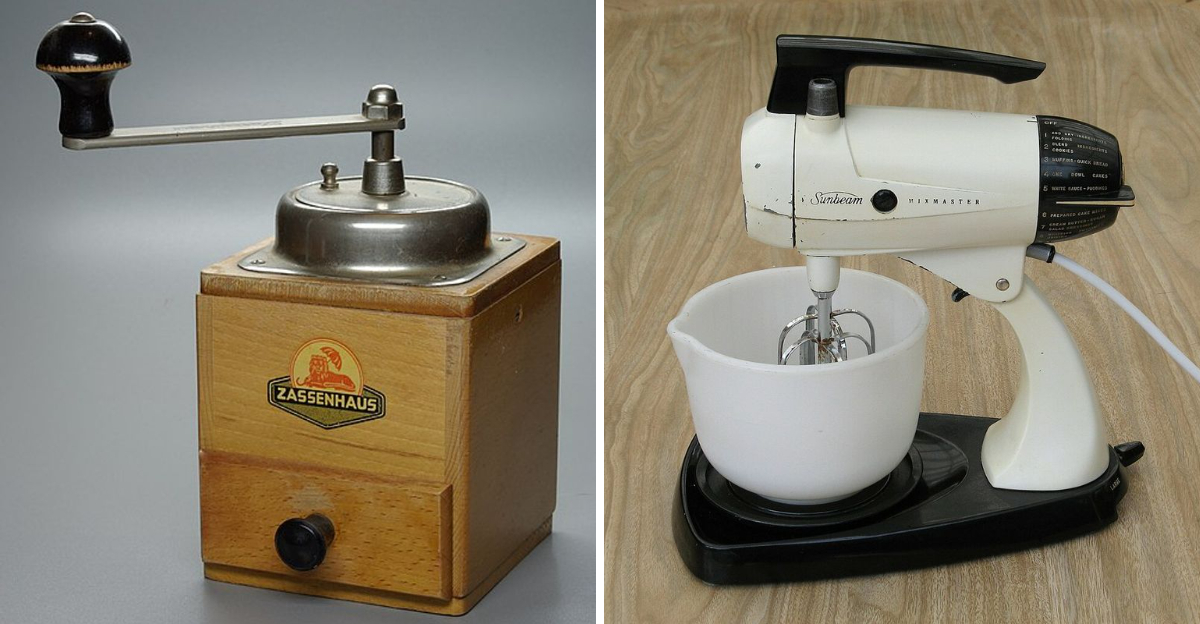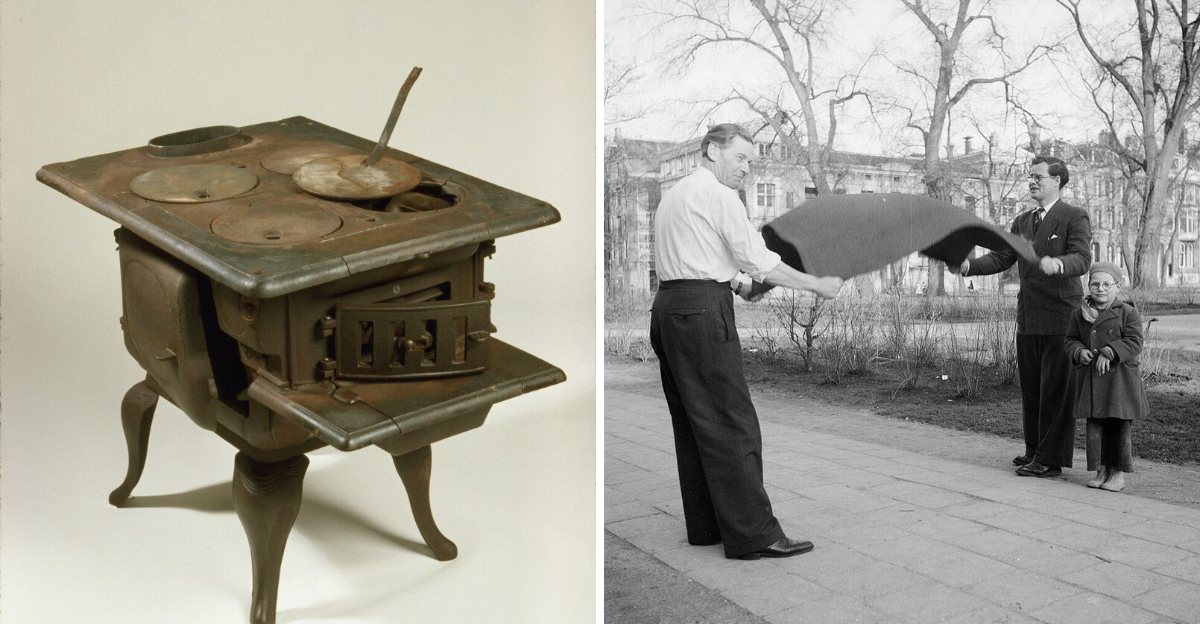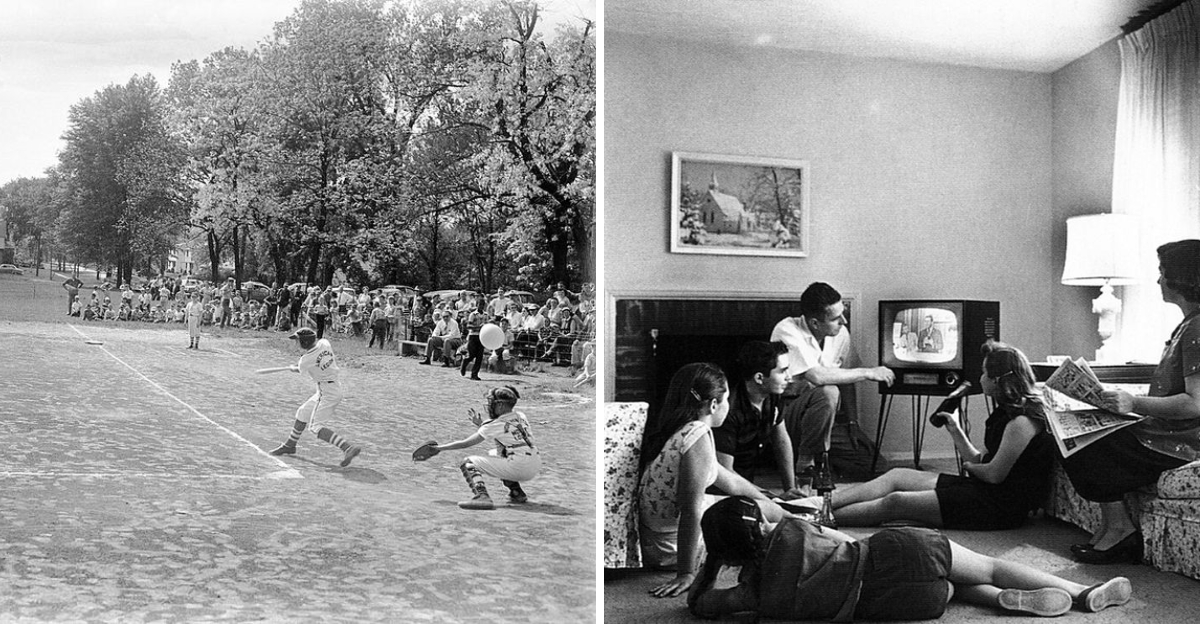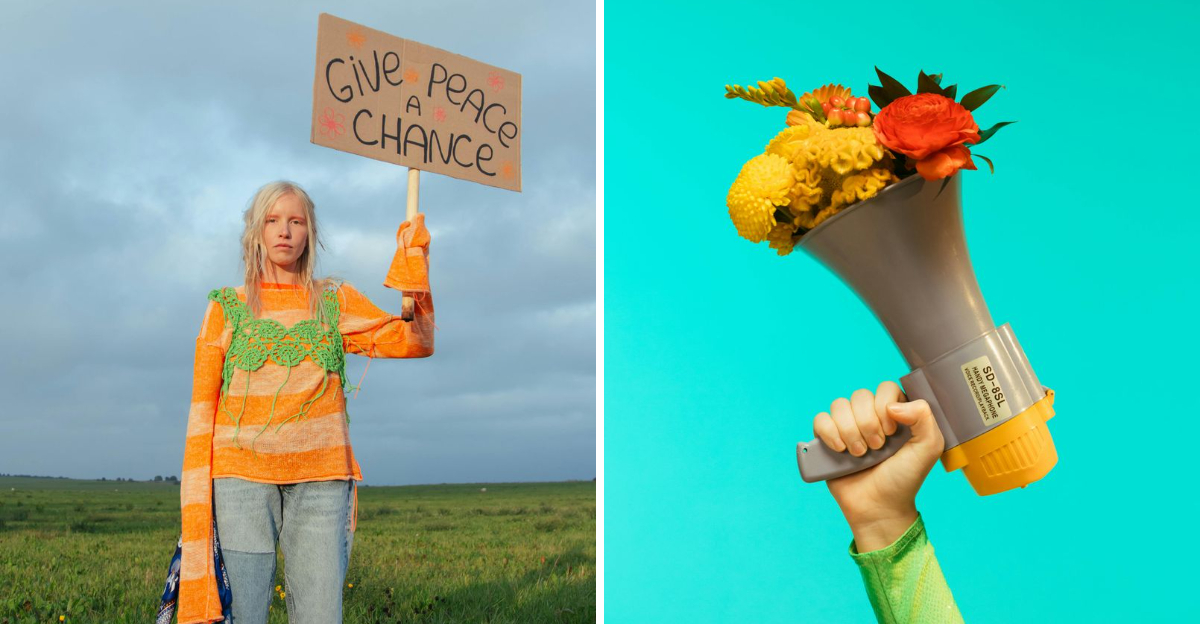9 Classic Sitcom Jokes From The 1970s That Don’t Land Anymore
Television in the 1970s gave us some of the most beloved sitcoms in history. Back then, audiences roared with laughter at jokes that seemed harmless and hilarious.
Today, many of those same punchlines make us cringe rather than chuckle, revealing how much our understanding of humor, respect, and representation has evolved over the decades.
1. The Dumb Blonde Gag

Remember when sitcoms thought it was hilarious to suggest blonde women couldn’t think straight?
Characters would crack jokes about their blonde roommate having “the wrong end of the brain” or being unable to follow simple logic.
These lazy stereotypes got cheap laughs by reducing women to their hair color.
Today, we recognize how damaging and unfunny these assumptions really were, trading actual wit for tired clichés that insulted intelligence based on appearance alone.
2. The Shopping-Obsessed Housewife

Sitcoms loved painting domestic wives as one-dimensional shopping addicts who only cared about dinner and department stores.
The punchline usually involved her “overthinking things” when she dared express an opinion.
Writers used this setup constantly, reducing married women to caricatures obsessed with material goods.
Modern audiences see right through this outdated framework, understanding that women’s lives and concerns extend far beyond credit cards and casseroles in ways 70s writers apparently couldn’t imagine.
3. The Cool Guy Cigarette Scene

Picture this: the “cool guy” character casually lights up a cigarette in the living room while his wife sighs dramatically in the background.
Cue the laugh track, because apparently secondhand smoke was comedy gold back then.
These scenes glamorized smoking as rebellious and masculine rather than addressing health realities.
Decades of anti-smoking campaigns have completely shifted our perspective, making these moments feel reckless and tone-deaf rather than remotely amusing or charming.
4. The Unlocked Door Chaos

In sitcom-land, dumb teenagers constantly left doors unlocked, triggering immediate hijinks when strangers wandered in uninvited.
This setup appeared in countless episodes as if home security was just another punchline waiting to happen.
Beyond being repetitive, these jokes feel wildly out of touch with genuine safety concerns families face.
Modern viewers recognize that unlocked doors aren’t quirky plot devices but actual vulnerabilities, making the casual treatment of home security feel irresponsible rather than amusing.
5. The Uphill Both Ways Parent

Every 70s sitcom dad delivered the “Back in my day, we walked uphill both ways to school!” line as if it were comedy genius.
This lazy joke served as a punchline rather than meaningful reflection on generational differences.
While intergenerational humor has its place, this particular trope became so overused it lost any impact.
Today’s shows explore parent-child dynamics with more nuance, recognizing that dismissing younger generations’ experiences with tired clichés isn’t funny – it’s just exhausting and disconnected from real family conversations.
6. The Donut-Devouring Dad

Fat dads eating all the donuts and leaving none for anyone else became a recurring gag built entirely on body-shaming humor.
Writers treated weight and eating habits as automatic comedy material without considering the implications.
These jokes normalized mockery of people’s bodies and eating patterns for broad laughs.
Contemporary audiences understand how harmful and unfunny fat-shaming really is, preferring comedy that doesn’t punch down or reduce characters to their weight as the entire source of supposed humor.
7. The Pink Shirt Panic
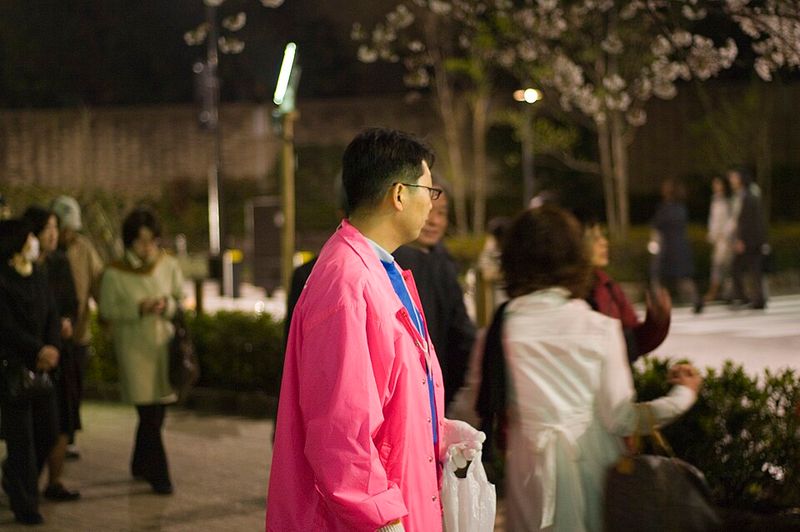
Masculine characters would practically have meltdowns over wearing pink shirts or aprons, with female characters shaking their heads at this fragile masculinity.
The joke relied entirely on the assumption that certain colors threatened manhood.
This chest-thumping humor feels ridiculous now that we understand gender expression isn’t tied to clothing colors.
Today’s comedy celebrates people wearing whatever makes them comfortable, recognizing that insecurity about fabric and dye isn’t funny – it’s just sad and unnecessarily limiting.
8. The Worthless Kid Joke

Parents casually joking that their kids would “never amount to anything” was treated as lighthearted family banter rather than potentially damaging commentary.
Writers apparently thought undermining children’s confidence made for great comedy material.
Today’s understanding of child development and emotional well-being makes these jokes land with a thud.
Modern sitcoms recognize that even fictional parents should model supportive behavior, not casual cruelty disguised as humor that could genuinely harm young viewers’ self-esteem.
9. The Nerdy Punchline Character

Comic book lovers and nerdy characters existed solely as punchlines, gently mocked for being “weird” before conveniently turning out right at the episode’s end.
This “nerd equals automatic humor” setup intended to be endearing but felt condescending.
Geek culture has since become mainstream, making these dated jokes feel particularly out of touch.
Modern audiences celebrate rather than ridicule passion for comics, gaming, and fandoms, recognizing that mocking people’s interests was never actually funny – just mean-spirited bullying disguised as lighthearted teasing.

